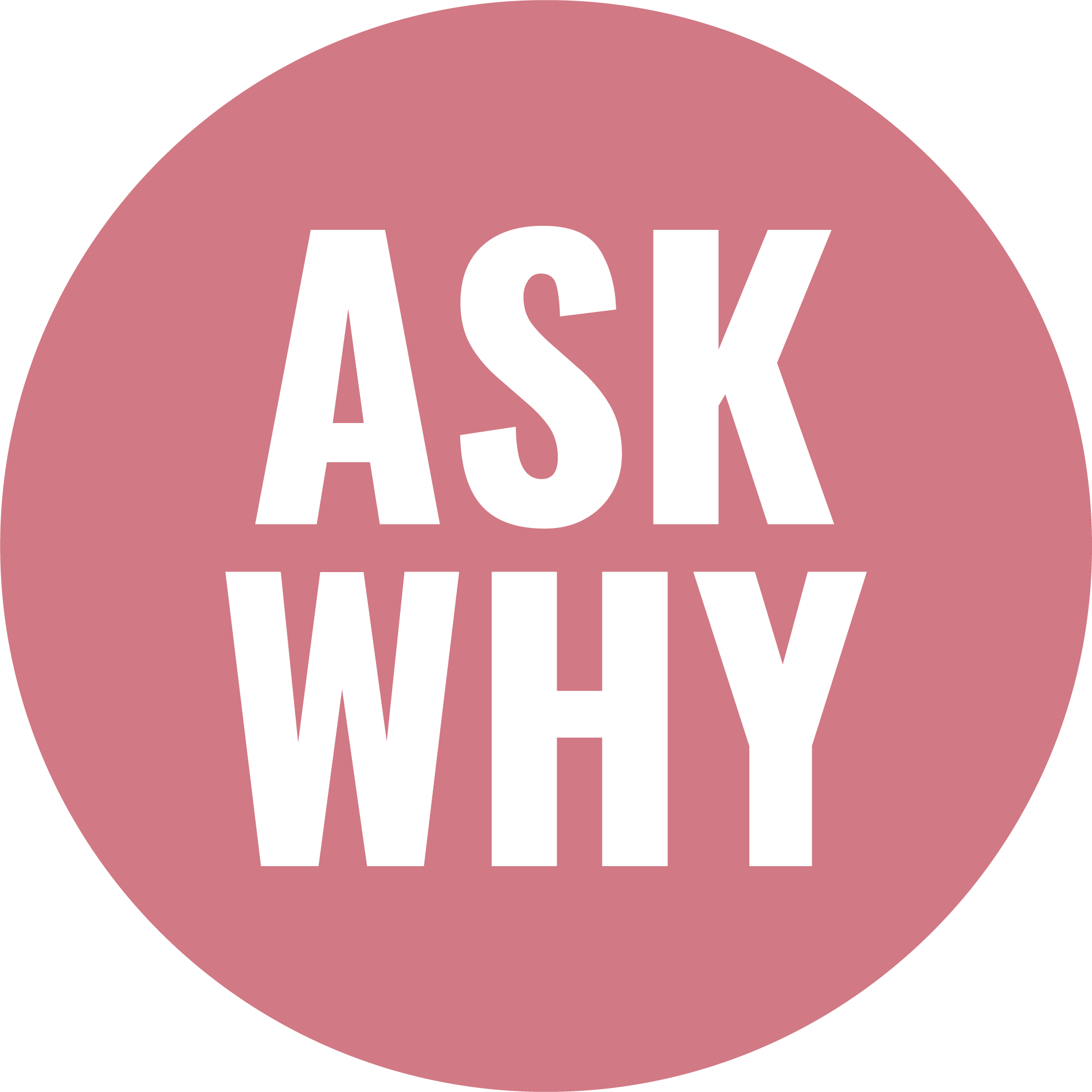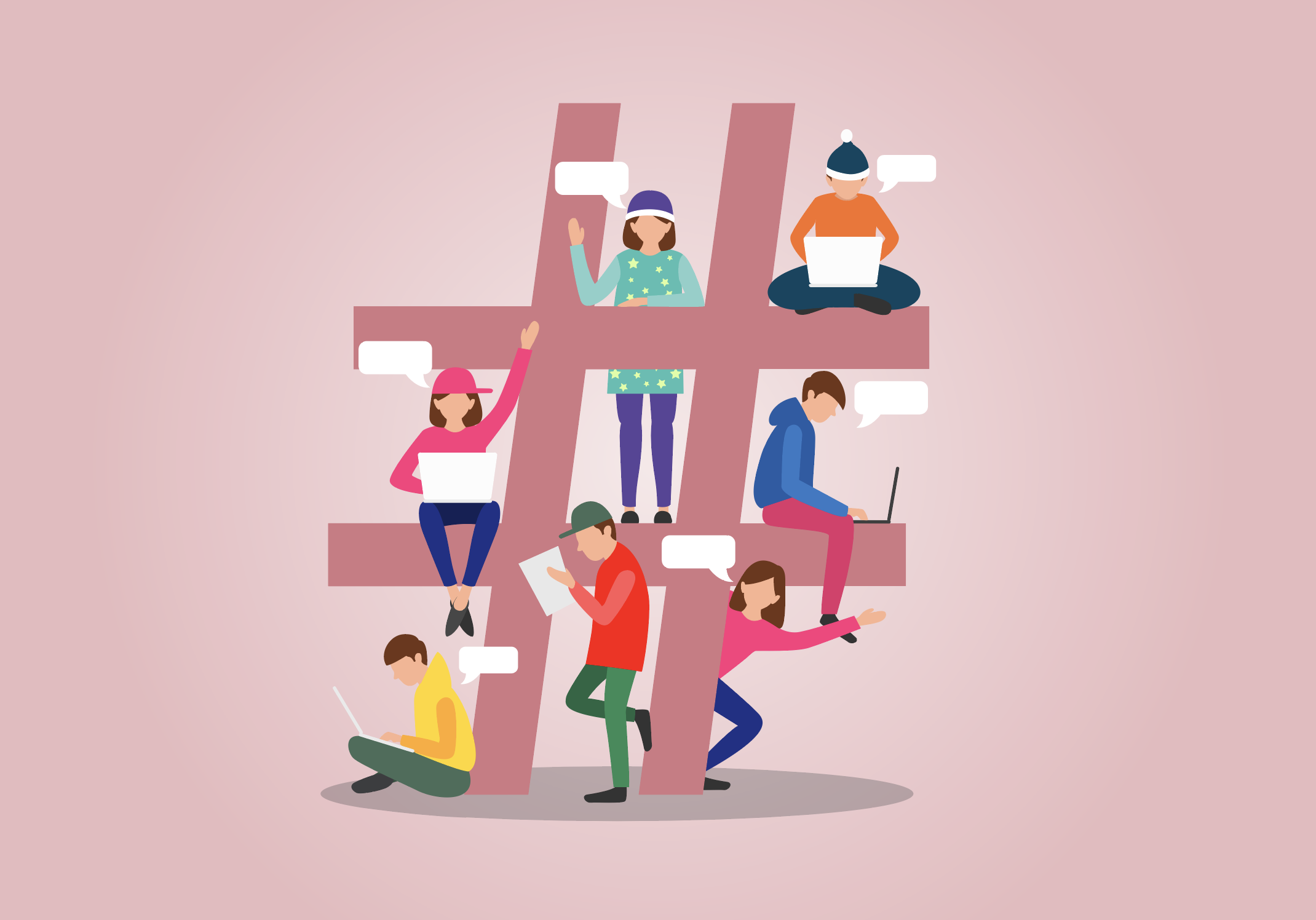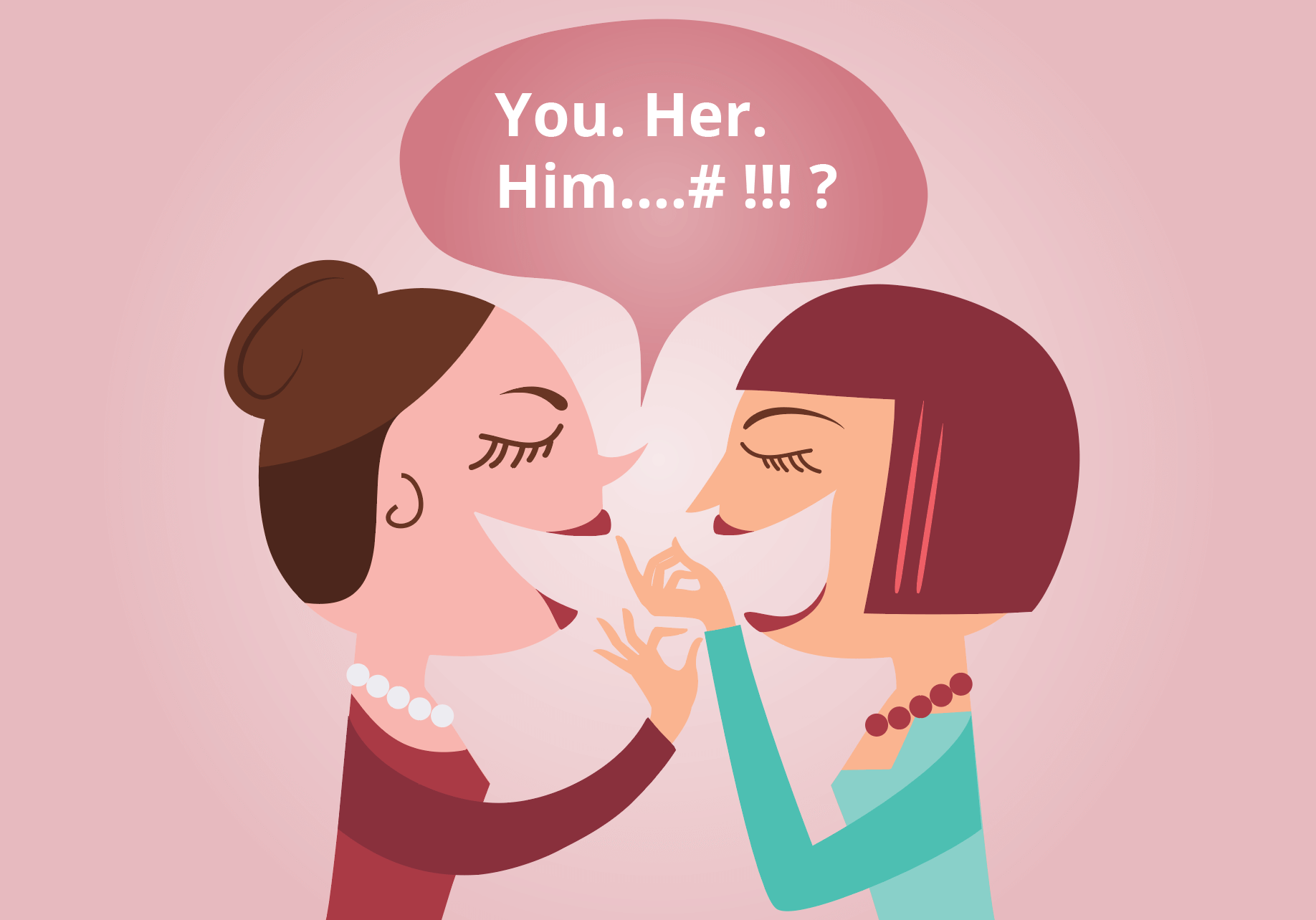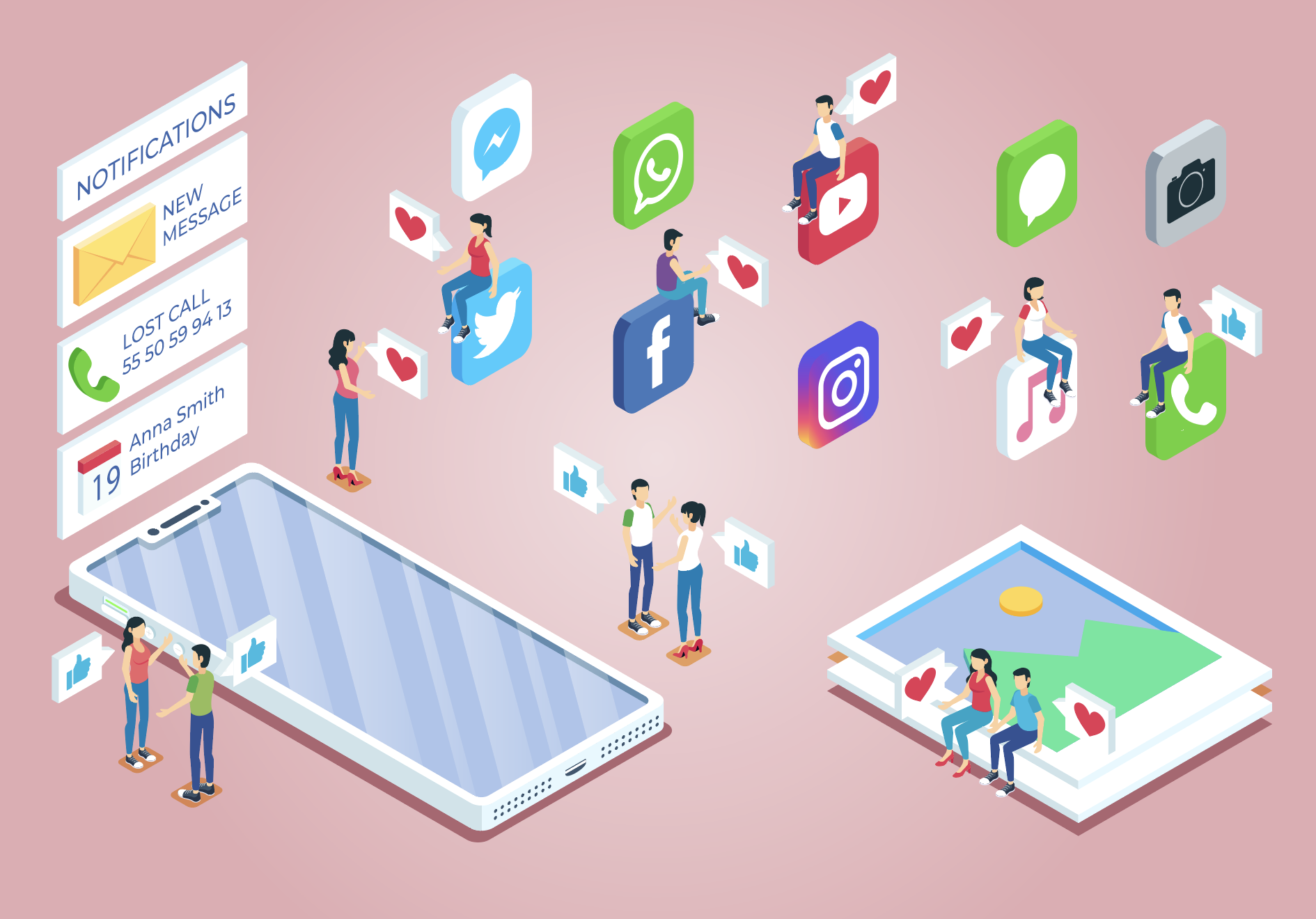Social Media Addiction – 4 Reasons You Can’t Get Off Social Media
16
MAY, 2019
Social Media Addiction
FOMO
Addictive Behaviors
Social Media Platforms
Internet Addiction
Online Social Networking
Social Network Site
Negative IMpacts
Mental Disorders
Facebook Addiction
Public Health
Addiction Treatment
Social Networking Addiction
Mental Health
Young People & Real Life
Losing your cell phone is no less stressful than experiencing a terror attack. The first thing you do when waking up in the morning is to check your phone, even when you’re with someone else. And, there have also been times when you felt your phone was vibrating when it wasn’t. If these things sound all too familiar, chances are that you, like so many others, are addicted to your phone, to the Internet and to social media in particular.
For many of us, our phone has become an extension of ourselves; a magnet drawing our attention to social media, today’s center of social interaction. The average American spends approximately 2 hours a day on social media, and if you’re a member of Generation Z, you likely average up to 3 hours a day. This amounts to 45 full days a year that the average American spends on social media.
While most of us have been taught from a young age about the dangers of becoming addicted to alcohol and/or drugs, we did not receive any similar warning about social media. Despite knowing that spending too much time on social media can lead to severe negative side effects, like sleeping disorders, anxiety, depression, loneliness, and low self-esteem, we still can’t resist. Why?
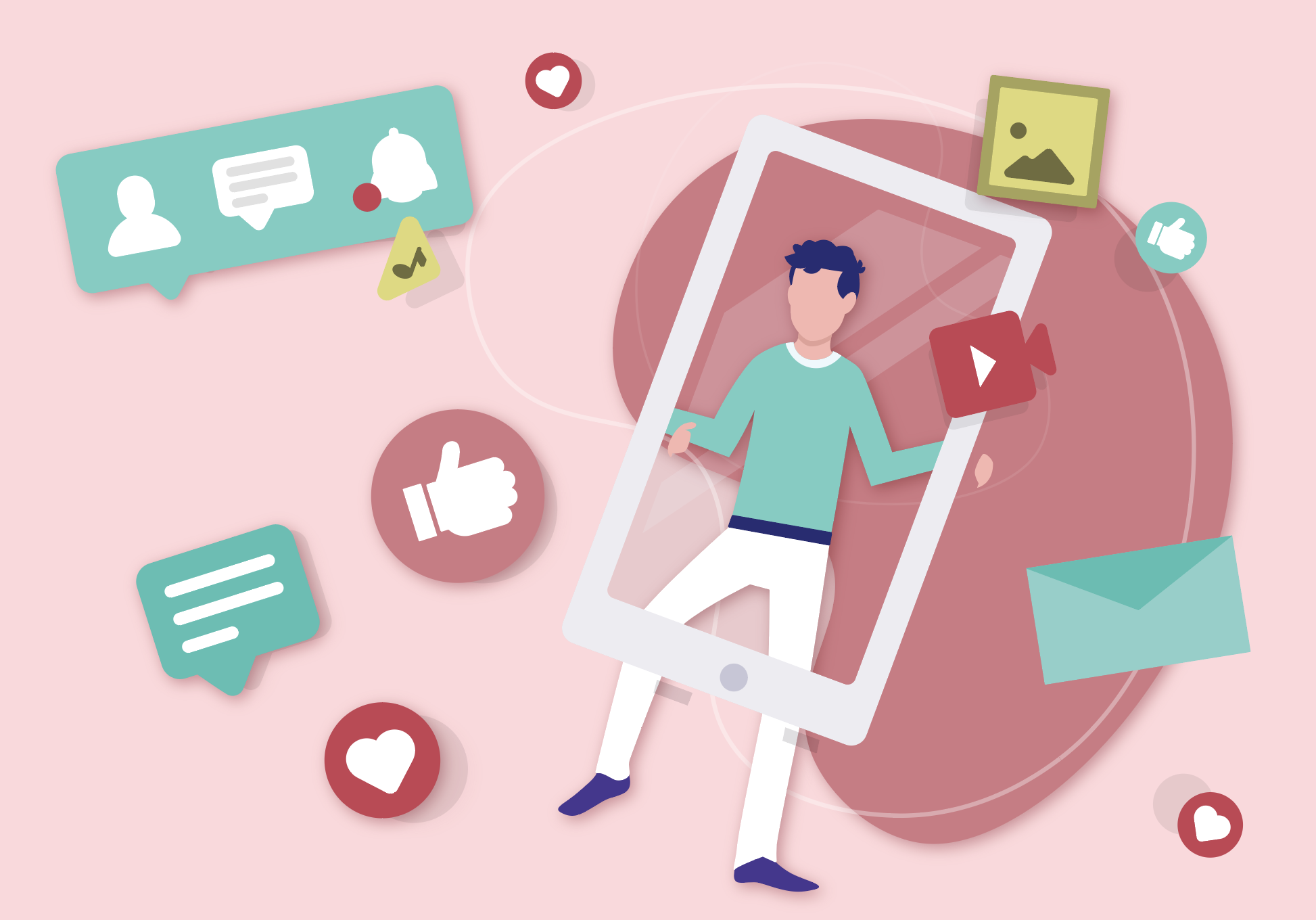
Social Media Addiction – 4 Reasons You Can’t Get Off Social Media
Did FB Want You to Become Addicted?
While speaking to the BBC in 2018, Facebook said that its products were designed „to bring people closer to their friends, family, and the things they care about.“ They added, „At no stage did wanting it to become addictive factor into the process“ (source). However, several former Facebook employees have admitted to deliberately making the platform addictive or at least being consciously aware of this effect. Sandy Parakilas, former FB Platform Operation Manager, said, „There was definitely an awareness of the fact that the product was habit-forming and addictive.“ And, Sean Parker, Facebook’s first president, publicly stated that the company set out for it to consume as much user time as possible and were aware of exploiting „a vulnerability in human psychology“ (source).
In pondering this, it absolutely makes sense that they would encourage you to return to FB as often as possible and want you to engage in habit-forming behavior, which can lead to addiction. After all, these platforms are running a business. And as a user, you are their customer. The more often you log in, the more time you spend on their platform, the more money they make. But, whether or not they intended this, the effects it has on their consumers, including you, are real. But how are they keeping you hooked?
The following 4 reasons offer an explanation as to why you might have become addicted to social media. Understanding why is the first step towards overcoming your dependence and hopefully in making healthier decisions for yourself:
„There was definitely an awareness of the fact that the product was habit-forming and addictive.“
4 Reasons why Social Media is Addictive:
Reason #1: Social Media Stimulates the Release of Dopamine
Social media affects you in much the same way as slot machines. Imagine that the slot machine is your phone and the monetary incentives are likes, comments, and interesting posts. The feeling you get after winning a few dollars playing at a slot machine is the same „rush“ you get from the instant gratification of seeing that someone liked one of your posts or when you find a post that you like. This rush is your „reward.“
The reward for your brain occurs when higher amounts of dopamine get released. Dopamine is a neurotransmitter, one that plays a significant role in motivating behavior. The feeling you get when excess amounts of dopamine are released is highly addictive. It’s the same neurotransmitter that gets released when someone consumes cocaine. However, what many people don’t realize is that it is not the reward itself that causes your brain to release excess dopamine; it’s the excitement of anticipating the reward.
When you post something on social media, you begin anticipating some sort of response, and your brain reacts accordingly. Maybe someone will engage with your post, perhaps you’ll receive a like, who knows? Each and every time you scroll through your feed, you anticipate finding something funny or some otherwise rewarding content. However, you never really know how many likes you’ll get or when you’ll discover the next great post.
Psychologists refer to this as intermittent positive reinforcement, which is basically an unpredictable schedule of rewards. A variable reward schedule is built into the mechanics of slot machines. „Because the time until a reward is given is uncertain, it keeps people interested in playing and therefore keeps them playing longer“ (source).
In the graphic below, you can see how a predictable reward schedule vs. an unpredictable reward schedule would affect a player’s retention time:
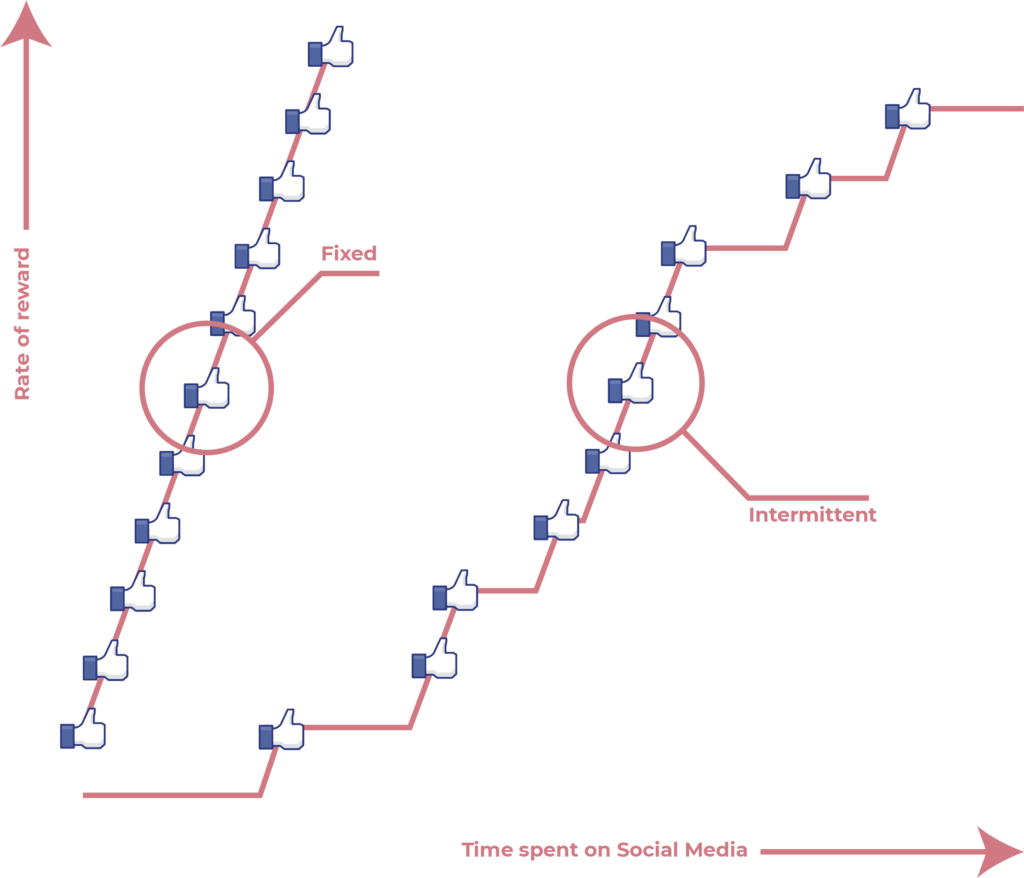
As you can see, the amount of time spent on social media is dramatically less when rewards are predictable. People invest far more time playing or scrolling through their soical media feed when they cannot predict when they will be compensated. An unpredictable reward schedule creates far more anticipation in a player, and the more anticipation; the more dopamine gets released in their brain.
The same mechanism is at work when you use dating apps. You are motivated to keep swiping by your anticipation of finding that special someone in the next photo. Because you never know how many swipes it will take for you to find him/her, you keep going.
On social media, if you post something about yourself, like a selfie, it’s even more challenging to ignore your phone since you are anxious to find out what other people think of your post. You want to know how many likes you’ll get within the first few minutes, the first hour, and the first day. That’s because we are hard-wired to care about what other people think of us. And, nothing is as rewarding as the feeling of being accepted and acknowledged by our peers.
The desire to seek rewards through external validation, to be acknowledged by others is what leads us to the second reason why social media is so addictive:
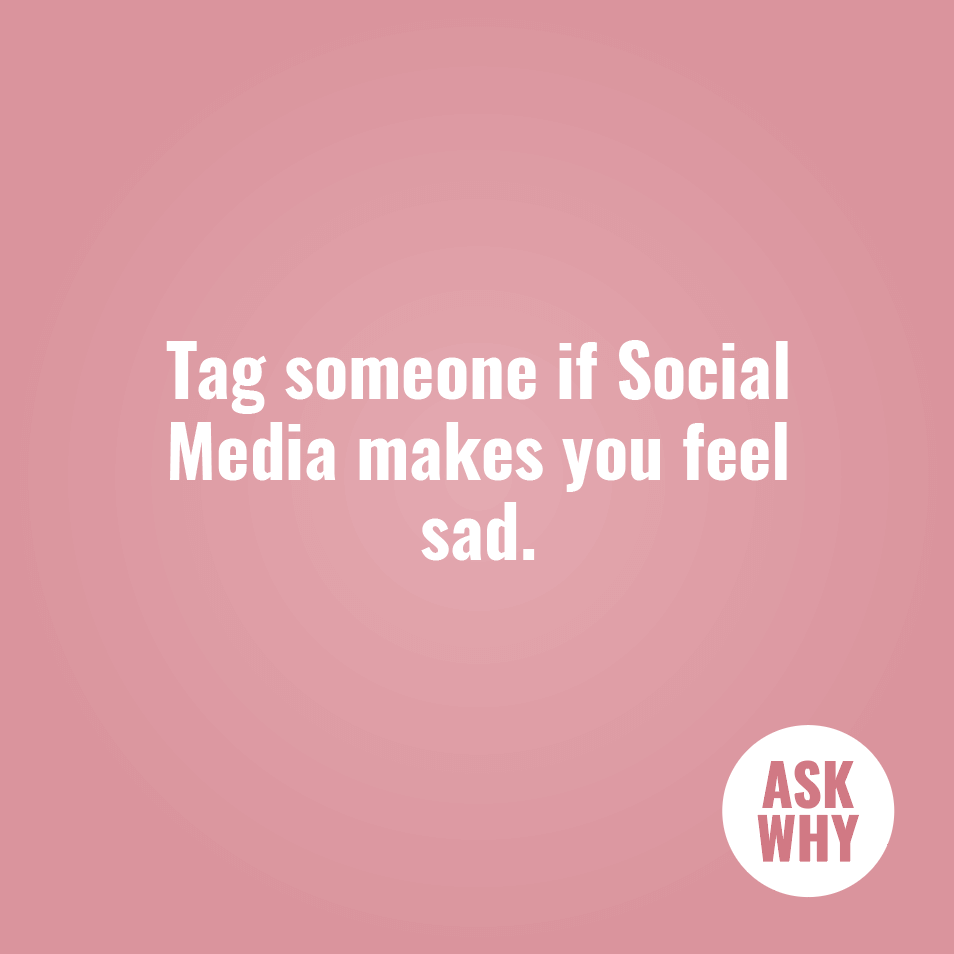
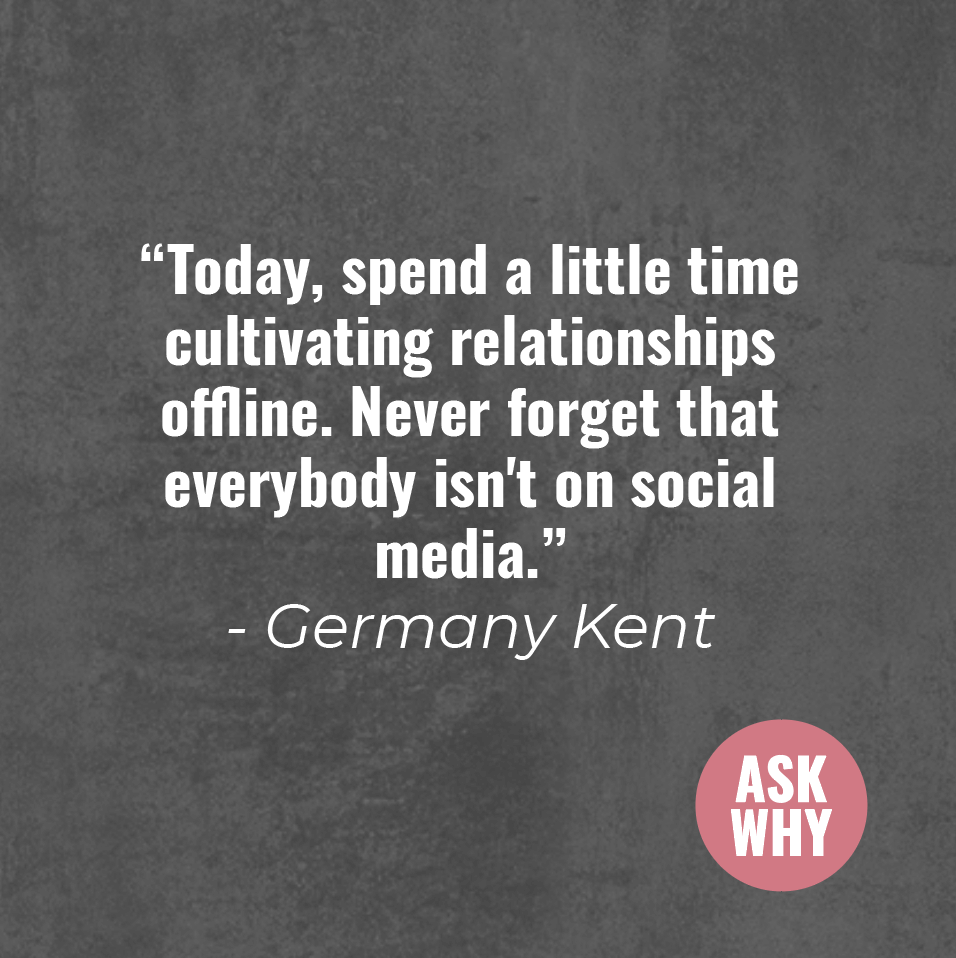
Reason #2 – Low Self Esteem and Need for Validation – Would You Please Acknowledge Me?
People post different things for different reasons. Sure, that makes sense. But, if we were to believe the results of a research study, addictive social media use reflects a need to feed our ego, plus an attempt to inhibit a negative self-evaluation. We post something on social media seeking validation to feel better about ourselves.
Leah Pearlman, co-creator of Facebook’s Like feature, admitted that she started to base her sense of self-worth on how many likes she received, which kept her hooked on the platform. „When I need validation, I check Facebook,“ she said. „If I’m feeling insecure, I’ll check my phone.“
There’s just one problem: consuming social media in an attempt to build your self-esteem through external acceptance and validation is like an exhausted student trying to feel energized by consuming a chocolate bar. You’ll feel the effect immediately, but it will soon disappear.
Even worse, intense social media engagement more often than not has been shown to actually lower self-esteem. This creates a vicious cycle that keeps you hooked as well: you log in to social media looking for validation; you get some and feel the thrill of instant gratification. But, the feeling is fleeting. And, no matter how often you return, you can’t get enough because you are not addressing the root cause of the problem, just the symptom.
The heart of the problem could be that you feel profoundly lonely, which takes us to our third reason for social media being so addictive:
Reason #3 – Social Connection – I’m Feeling Lonely, Let Me Check My Phone
When you feel lonely, you increasingly try to seek attention from others. Attention seeking is a behavior that fits closely with our desire to be loved and accepted, to feel a connection. And what place would be better for that than the platform that promises you to bring you closer to your friends, family, and things you care about? Isn’t that what social media promises you? Yes, but does it work?
Often times, no. But why?
Again, Social Media works similarly to drugs. One reason why drugs are so addictive is that they give you control over your feelings, thus giving you a sense of empowerment and regaining control. At least for a short period.
With more than 70% of the American population claiming to feel lonely many of us are turning to social media trying to feel a connection. The evidence suggests, however, that social media does not bring us closer together. In fact, the extended use of social media can actually increase your feelings of loneliness and social isolation. Which is ironic. We live in an area where everyone is continuously connected to everyone all the time, yet we feel lonelier than ever.
Now there are many reasons why loneliness is spreading like an epidemic through the United States and elsewhere. And in fact, this trend already happened before social media. One of the reasons is the way we live, which now is more often alone than not while not being involved in a community. Being alone doesn’t equal loneliness, but it strongly correlates, the same as with anxiety and depression.
While Social media could have been a convenient solution to the loneliness epidemic, it is not. This may be attributed, in part, to the fact that people mainly present themselves in a positive light online and share what they post with a large number of people. However, to feel connected to someone else and to develop a meaningful friendship, closeness and intimacy are needed to establish trust.
And we crave for meaningful relationships. Evolutionary psychologists have a simple explanation for that. Being socially isolated, we wouldn’t have had the protection of our tribe. We would have been set up for death. That also explains why social isolation does literally hurt us. It activates the same areas in our brain that are activated when we experience physical pain (source). You can experience feelings of social isolation when you see your peers in a social media post that you are not in and maybe also didn’t‘ know about. You most likely will experience a feeling of anxiety, like you are missing out, which leads us to the fourth reason.
Reason #4 – FOMO
Another factor linked to social media addiction is FOMO or the fear of missing out. According to the Schwartz Report, „FOMO is considered a form of social anxiety – a compulsive concern that one might miss an opportunity for social interaction, a novel experience, or some other satisfying event, often aroused by posts seen on social media sites.“
So that you don’t miss out on anything, you return to social media as often as possible. You want to be in the know about everything and everyone all the time. But, you may have guessed that spending more time on social media does NOT relieve any of the anxiety you’re experiencing, it only increases it. You feel increasingly lonely because you’re substituting social media contact for real face time with others. This increases your sense of isolation, which just adds to FOMO, and the cycle continues. This suggests that the term „social network“ is actually an oxymoron because, for many, it is not sociable at all. Instead, it is a source of anxiety, depression, and increasing loneliness.
How to Overcome Social Networking Addiction?
Social media is addictive because it promises us things we are hard-wired to crave for: Human connection, validation, and rewards. No one wants to be left behind. But we have to understand that social media might not be the right place to find these meaningful things.
Whether you are looking for addiction treatment or simply to reduce your negative feelings or time spend on social media, you have to understand why you return as often as you do.
As with almost any other addiction, addiction is usually there to fill a void. Something might not be going right in your life, so you are trying to cure it. Ask yourself what is Social Media is adding to your life?
- Do you maybe feel lonely and look for connections and friends online to decrease your loneliness?
- Do you feel invalidated, unloved, or not appreciated by your immediate environment?
- Or do you feel unsatisfied with your own life, hence you always have the urge to compare yourself to others?
Try to replace instant gratification with longer lasting goals.
Try to establish rules for yourself, such as only spending 1h per day on social network sites such as Facebook, and Instagram.
Limit your on-screen time with apps that tell you how long you spend on social media.
Try to join social community groups that keep you off screen, engage more with your friends by giving them a call or having a coffee with them. Focus more on your „real life“.
Social media is a tool. I believe that it is our responsibility to make wise choices for our actions. Learning why we act in a certain way can help us to gain control over our behavior.
Want New Articles Before They Get Published?
Subscribe to Our Awesome Newsletter.
